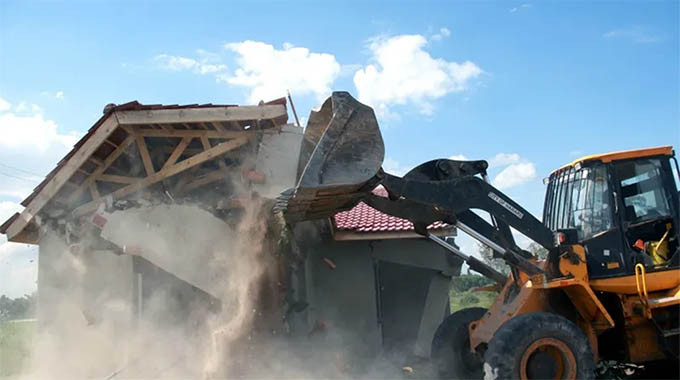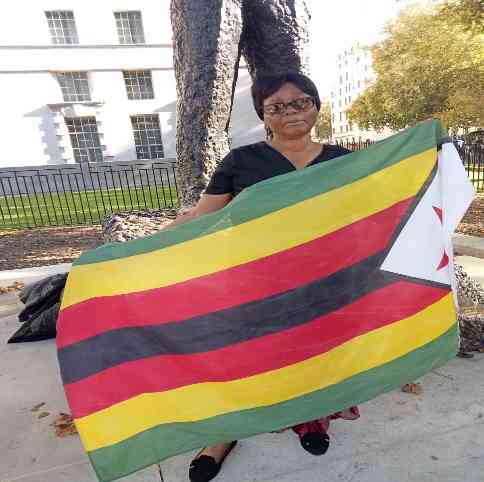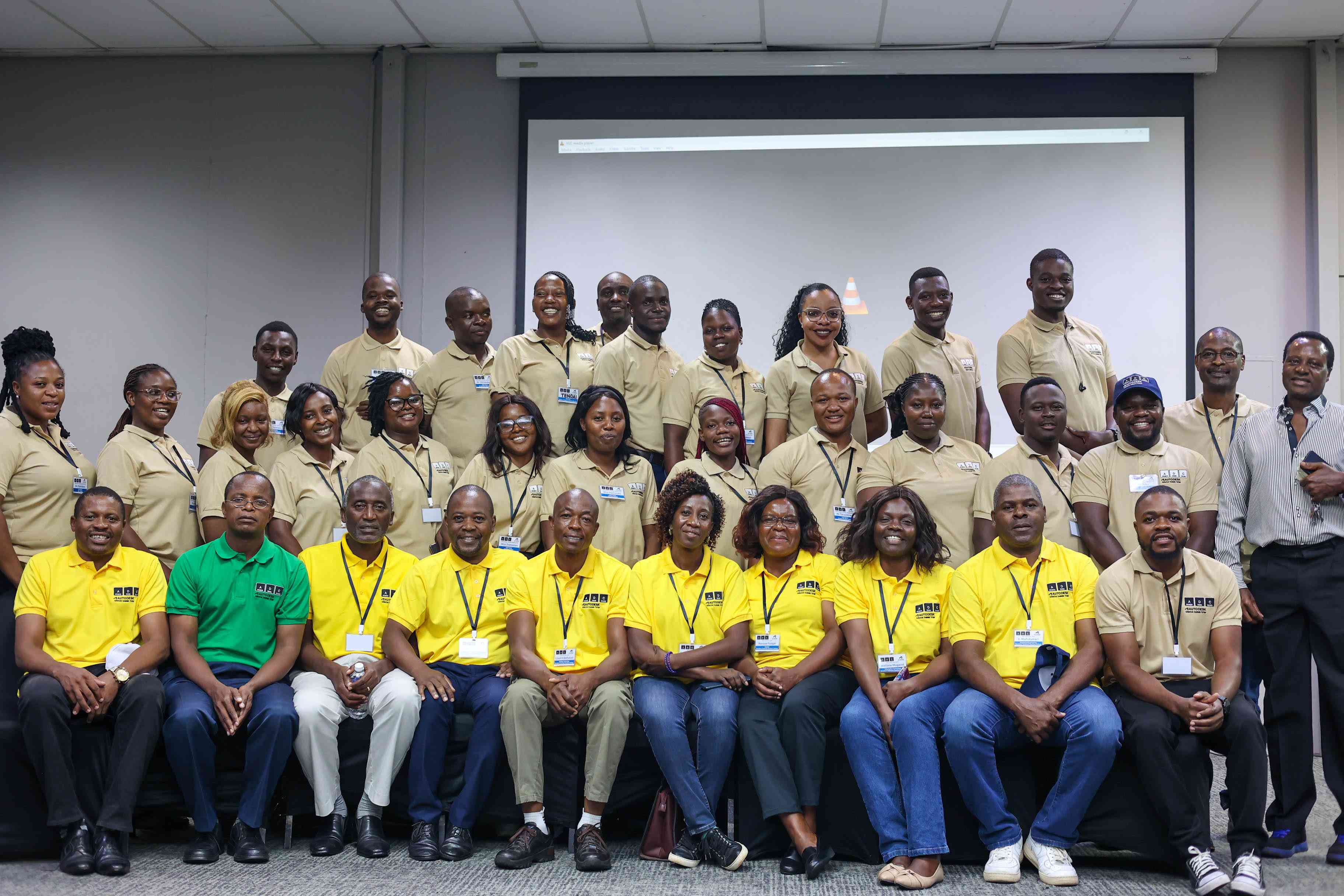
ENVIRONMENT, Water and Climate minister Oppah Muchinguri has urged wildlife rangers to adopt a “shoot-to-kill policy” against poachers, whom she equated to robbers.
By Nokuthaba Dlamini
Speaking at a graduation ceremony of 106 Zimbabwe Parks and Wildlife Management Authority rangers, who recently underwent a three-month intensive anti-poaching programme in Hwange last week, Muchinguri said the country’s wildlife heritage faced extinction, hence, the need to adopt tough measures against poachers.
“Due to magnitude of wildlife diversity, poachers are attracted to rob our nation of its wildlife heritage. These poachers have become so daring to the extent using sophisticated methods such as poisoning our elephants in search of raw ivory in great demand on the black market,”she said.
“Let me reiterate that wildlife crime is a serious issue and as such, our rangers will not hesitate to shoot and kill those found on the wrong side of the law.
“Imposition of tougher legal penalties on the perpetrators, constant educational programmes to the public on the effects of poaching and the health of ecosystem are a necessity if the war on poachers is to be won.”
The minister said illegal settlers were also encroaching into parks estates, causing more human-wildlife conflicts.
“Habitat loss for wildlife is amongst the major drive of human-wildlife conflict. Save Valley is one such example, were over 16 000 families have settled in wildlife corridors and wildlife areas. In turn, our wildlife has responded by destroying crops, passing on diseases such as foot and mouth killing livestock and people.
- Chamisa under fire over US$120K donation
- Mavhunga puts DeMbare into Chibuku quarterfinals
- Pension funds bet on Cabora Bassa oilfields
- Councils defy govt fire tender directive
Keep Reading
“In 2017, 40 people were killed and 30 injured due to conflicts with wildlife. In response, 95 wildlife species were killed in order to save human life,” she said, adding cases of human-wildlife conflicts were most prevalent in Manicaland and Masvingo provinces.











